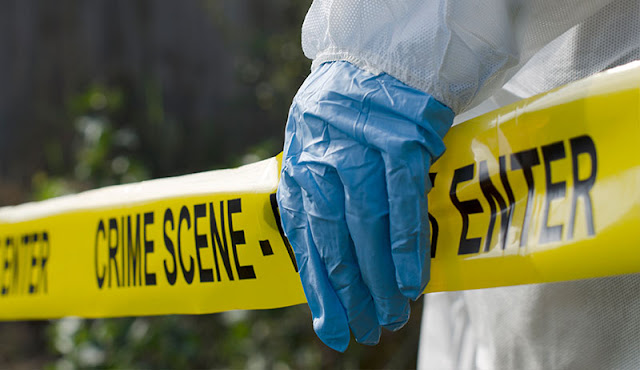IMPROPER CRIME SCENE CLEANUP POSES HIDDEN DANGERS TO THE PUBLIC
Unfortunately, violent crimes can occur in areas where the
public commonly travels, relaxes, plays and lives. For the many people affected
by tragic events, like the basketball court shooting in Chicago or the tragedy
at the Washington Navy Yard, life will never be the same. Returning the area
back to the way it looked prior to the tragic event is an important part of the
healing process. Just as critical is ensuring that proper crime scene cleanup procedures
have been followed to protect the public from the hidden dangers
of bloodborne pathogens.
crime scene cleanup dallas texas
crime scene cleanup san diego california
There
have been 36 mass shootings since 2000 that resulted in:
- 309 deaths
- 233 injuries
What remains at the scene of a tragedy is often less
prevalent in the minds of the public, for understandable reasons. However, it
can be a continual risk to others if the crime scene cleanup is not
properly tended to. The biological hazards left behind can be a substantial
risk to the health of others who encounter the scene of the crime, even long
after the tragedy has passed. Crimes that involve bloodshed leave the potential
for the public to be exposed to a number of dangerous bloodborne
pathogens.
1
out of every 24 people in the US has Hepatitis B, Hepatitis C or HIV.
Number
of cases in the US:
- HIV: 1.1 million
- Hepatitis B: 1.4 million
- Hepatitis C: 3.9 million
- MRSA: 1.6 million
At the point when an episode happens outside, there is an
erroneous inclination to accept that one can essentially "hose off the
blood" – no longer of any concern. Yet, cleaning a territory after a rough
wrongdoing with water alone won't free the region of potential hurtful blood
borne microbes. In any event, pouring blanch on biohazards isn't adequate to
purify the influenced zone. The correct cleaning specialists and hardware are
required for blood cleanup to take the zone back to an express that is ok for
general society and clear of unsafe microorganisms and sicknesses.
crime scene cleanup san antonio texas
crime scene cleanup philadelphia pennsylvania
Many
bloodborne pathogens can live for extended amounts of time.
- HIV: 4 weeks
- Hepatitis B: 7 days
- MRSA: Several Months
- Hepatitis C: 4 days




Comments
Post a Comment